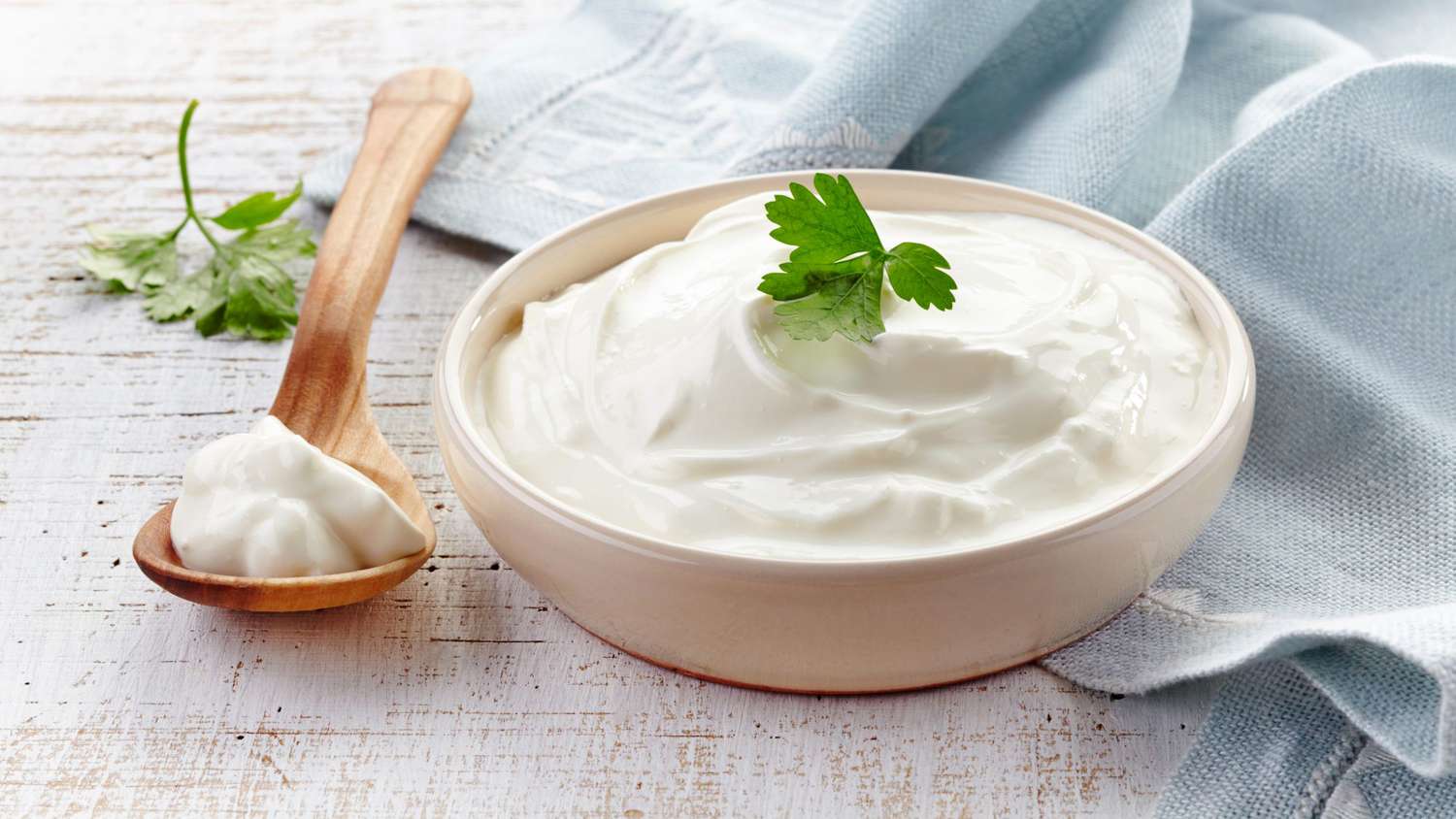When selecting foods for a ketogenic (keto) diet, prioritizing fat is key. Keto, a shortened term for a ketogenic diet, entails consuming high fat and very low carb foods, prompting the body to utilize fat for energy instead of glucose.
The primary guideline of keto is to minimize carb intake significantly while opting for foods rich in fat. Individuals may question whether sour cream aligns with keto principles or if it contains excessive carbs, akin to certain other dairy products.
This article delves into the composition of sour cream and assesses its suitability for inclusion in or exclusion from a keto regimen.
What is Sour Cream?
Sour cream, as its name implies, is crafted from cream that undergoes souring, typically facilitated by an acid like lemon juice, vinegar, or more commonly, lactic acid bacteria. As these bacteria proliferate within the cream, they thicken it and infuse it with a tangy, sour flavor reminiscent of yogurt.
Conventional sour cream is derived from cream boasting at least 18% milk fat. However, alternatives like low-fat sour cream, containing at least 25% less fat than the original version, or nonfat sour cream, with no more than 0.5 grams of fat per 1/4 cup (50 grams), are also available.
When contemplating sour cream for a keto diet, checking labels is important. If the fat content is low, the carb content tends to be higher.
The luxurious consistency of regular sour cream owes itself to its fat content. To replicate this texture and mouthfeel sans fat, manufacturers often incorporate thickeners, gums, and stabilizers such as maltodextrin, corn starch, guar gum, and xanthan gum. As these ingredients stem from carbohydrates, they can elevate the carb content, particularly in low-fat and nonfat sour cream variations.

Carbohydrates and Ketosis
The ketogenic diet, originally developed to mitigate seizure activity in epileptic children over a century ago, has gained popularity in mainstream circles due to its potential for weight loss and improvements in cholesterol and blood sugar levels among individuals with metabolic disorders.
Research revealed that the diet may also assist in reducing cravings for carbohydrates when compared to low-fat dietary regimens.
The mechanism behind its efficacy lies in inducing ketosis, wherein the body shifts its primary fuel source from glucose to ketones, byproducts of fat metabolism.
To initiate and maintain ketosis, carbohydrate intake should be limited to approximately 5% of total daily calories, while fat intake can constitute as much as 80% of total calorie intake, with the remainder allocated to protein.
Achieving and sustaining ketosis necessitates adherence to personalized carbohydrate and fat targets based on individual calorie requirements. In meal planning, foods rich in carbohydrates like fruits, grains, starchy vegetables, and certain dairy products such as yogurt should be avoided due to their high carb content. For example, a single average-sized piece of fruit, half a cup of cooked oats, or six ounces of yogurt each contribute roughly 15 grams of carbohydrates.
Conversely, fats like butter and oil are encouraged, as they contain minimal to no carbohydrates and consist primarily of fat. Regular, full-fat sour cream aligns more closely with a serving of fat nutritionally, making it compatible with a ketogenic diet. However, opting for nonfat sour cream can introduce a similar carb load as consuming a serving of fruit, rendering it unsuitable for a ketogenic dietary approach.
RELATED: Is Ketogenic Diet Worth Attempting?
Conclusion
Regular, full-fat sour cream is crafted from cream and boasts a significantly higher fat content compared to carbohydrates, rendering it compatible with a ketogenic diet. Conversely, low-fat or nonfat sour cream varieties are not suitable for keto.
Incorporating full-fat sour cream can introduce diversity into a ketogenic meal plan, serving as a base for dips or enhancing the fat content in recipes. Despite its keto-friendly status, it’s important to be mindful of the carbohydrate content in full-fat sour cream and factor it into your daily carbohydrate allowance.
